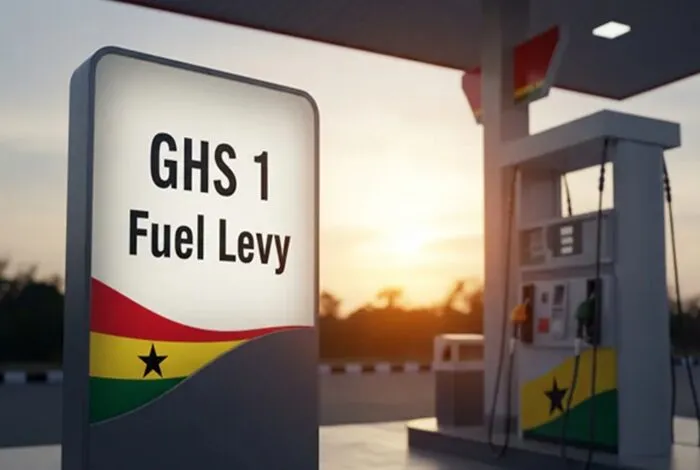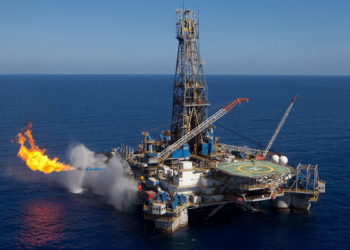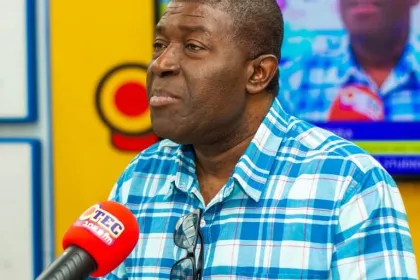The implementation of Ghana’s revised Energy Sector Levy (Amendment) Act, 2025 (Act 1141) officially takes effect today, Wednesday, July 16, 2025, signaling a critical step in the government’s efforts to stabilize the energy sector and address mounting debts.
Announced by the Ministries of Finance and Energy and enforced by the Ghana Revenue Authority (GRA), the revised levy structure follows a period of postponement designed to assess global market conditions and preserve recent gains in domestic fuel prices.
The government’s decision to proceed, reached after a thorough review of key economic indicators, is intended to close funding gaps in the energy sector while bolstering the country’s fiscal resilience.
The amended law introduces higher rates under the Energy Sector Shortfall and Debt Repayment Levy (ESSDRL) for several petroleum products.
Authorities describe this as “necessary to generate revenue for repaying legacy debts and supporting critical energy infrastructure.”
But even as the new levy takes effect, there are growing concerns about its impact on consumers.
Fuel Price Surge Warning

The Chamber of Petroleum Consumers (COPEC) has warned that fuel prices are likely to surge by between 6% and 9% in the second pricing window of July 2025, largely due to the combined effects of the new levy and slight depreciation of the Ghana cedi.
“Barring any major changes in global petroleum FOB prices and the Dollar-Cedi exchange rates, indications are that petrol and diesel prices will rise significantly.”
Duncan Amoah, Executive Secretary of COPEC
According to COPEC’s projections, the mean pump retail price of petrol is expected to increase by 6.47%, moving from GHS11.59 per litre to GHS12.34 per litre, while diesel prices could surge by 9.30%, climbing from GHS12.97 per litre to GHS14.18 per litre.

For liquefied petroleum gas (LPG), however, there is a silver lining. With international FOB prices for LPG decreasing by 5.41% from $492.70 per metric tonne to $465.52, COPEC anticipates a slight drop in the average retail price, projecting GHS11.55 per kilogram.
This could bring the price of a 14.5kg LPG cylinder to around GHS167.43, providing some relief for households reliant on LPG for cooking.
While COPEC acknowledged the relatively stable exchange rate, GHS10.57 to the US dollar compared to GHS10.52 previously, it warned that the additional GHS1 charge introduced under the ESSDRL could compound the burden on consumers.
“The total taxes and levies on petrol and diesel now constitute about 26.55% of retail prices.
“We urge the government to consider reducing these taxes or adopting a formula to vary levies in line with fluctuations in the exchange rate.”
Duncan Amoah, Executive Secretary of COPEC
Call for Government Intervention
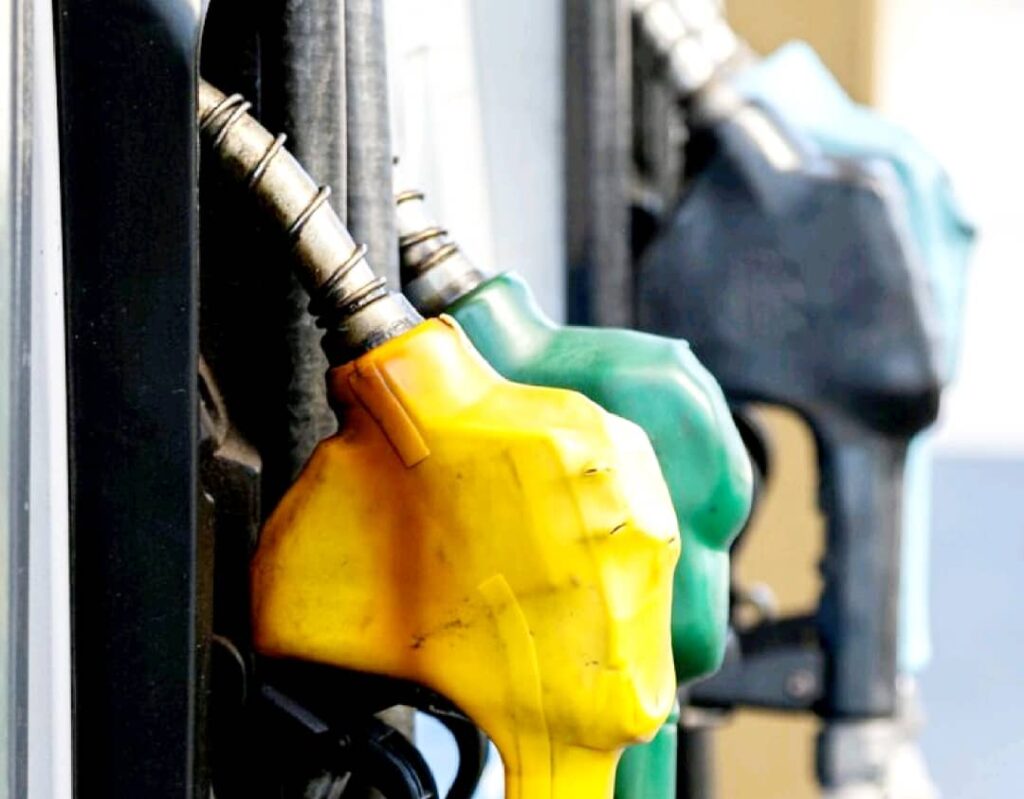
COPEC also called on the government to accelerate efforts to revive the Tema Oil Refinery (TOR) to reduce dependence on imported finished products, which it argued could expose the country to price volatility and fuel contamination risks.
“Our appeal is that government must do all it can to reduce taxes on LPG or subsidize its price to promote nationwide accessibility and usage.
“This will help save the environment from degradation caused by the use of firewood in rural areas.”
Duncan Amoah, Executive Secretary of COPEC
Meanwhile, some market watchers are cautiously optimistic. They note that international crude prices have dipped slightly, down 4.89% from $74.43 per barrel to $70.79, providing a potential buffer against runaway fuel costs.
However, this benefit may be offset by global market volatility and local structural challenges.
Petrol dealers and Oil Marketing Companies (OMCs) have also been urged not to use the introduction of the levy as a pretext for unjustified price hikes in the coming pricing window.
As the new levy regime rolls out, public discourse continues to focus on its potential ripple effects across transportation, food prices, and the general cost of living.
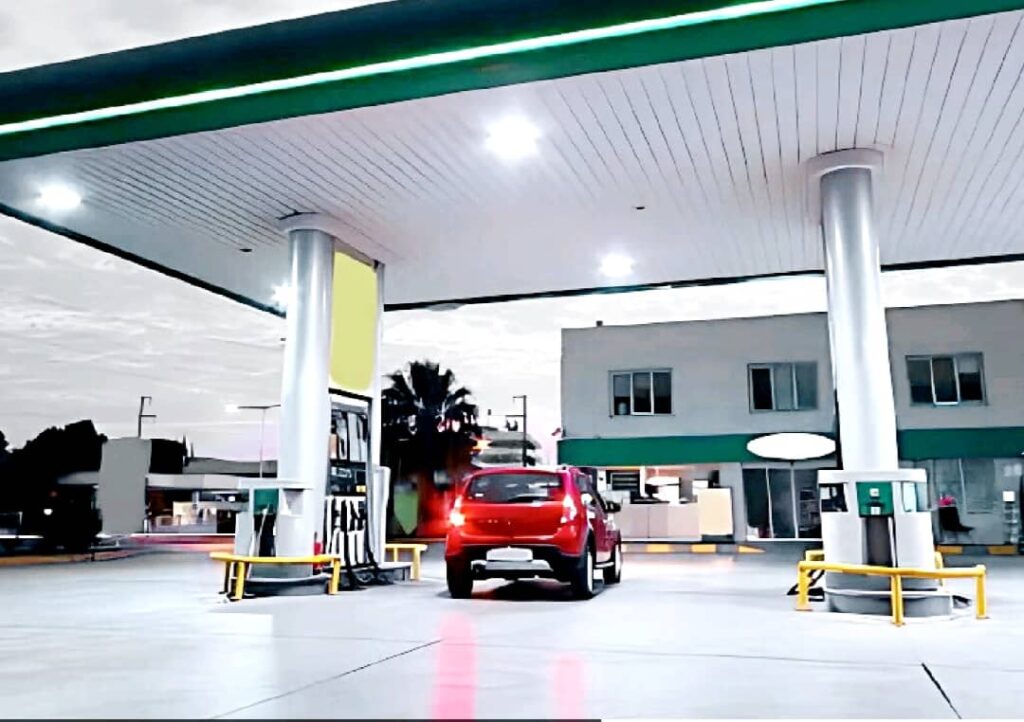
For many Ghanaians, the question remains whether the additional revenue generated will be effectively channeled into clearing energy sector debts and improving infrastructure as promised.
While government officials describe the levy as a “necessary intervention” to avert a deeper crisis, consumer groups insist that balancing revenue generation with affordability must remain a priority to shield households and businesses from further economic stress.
“This is not just about numbers, it’s about real people and their livelihoods.
“We expect the government to listen and act swiftly to cushion the impact on ordinary Ghanaians.”
Duncan Amoah, Executive Secretary of COPEC
As the government moves forward with its energy reform agenda, the real challenge may lie in balancing fiscal responsibility with the lived realities of everyday consumers, a balancing act that will no doubt shape public discourse in the months ahead.
READ ALSO: Ghana Edges Closer to Debt Relief as Finance Minister Hails “Monumental Step” After China Talks

